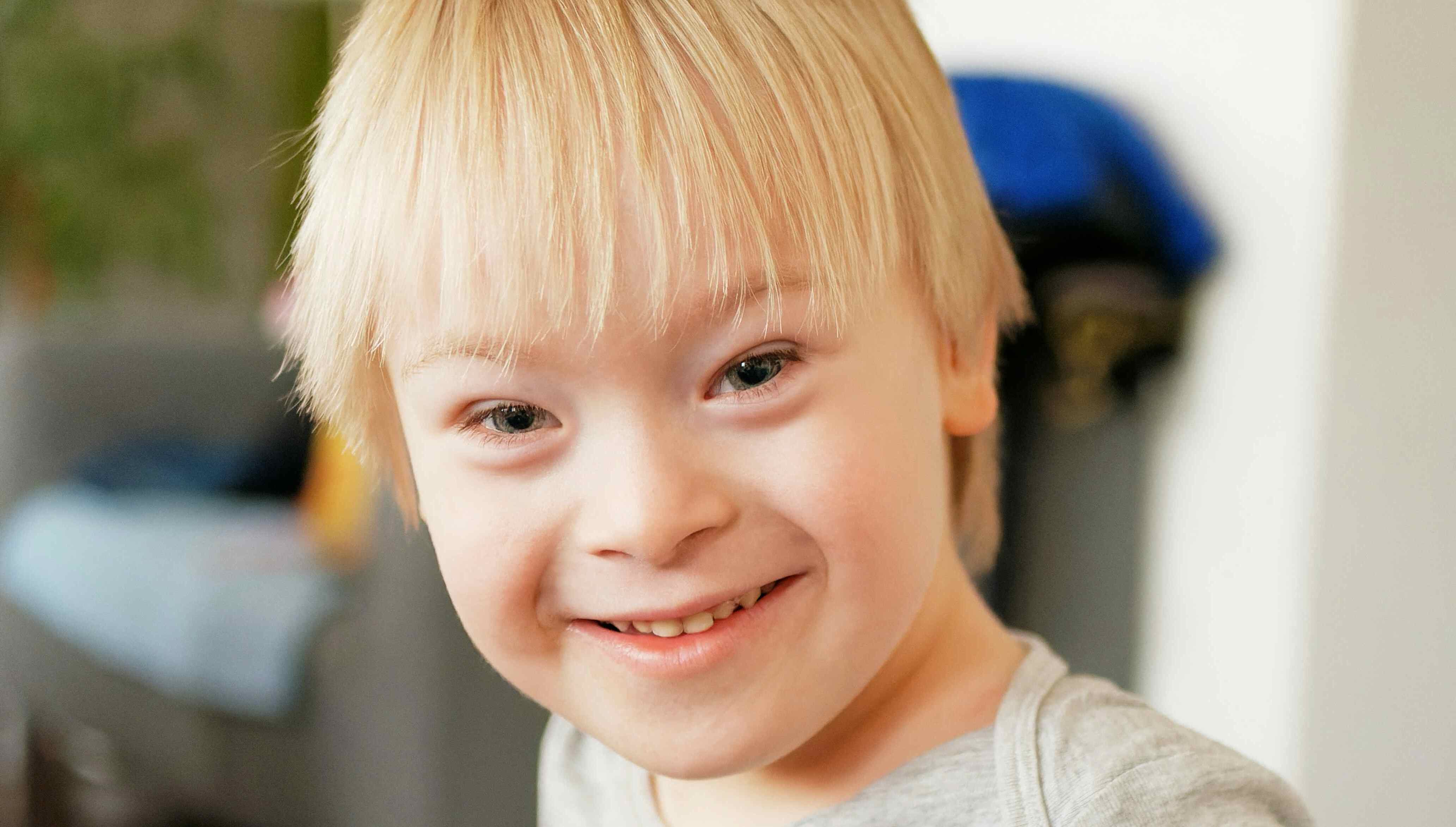
Young–Simpson Syndrome is a rare genetic disorder that affects multiple parts of the body. Characterized by distinctive facial features, developmental delays, and various physical abnormalities, this condition can be challenging for families to understand. Symptoms often include a broad nasal bridge, thick lips, and a small jaw. Developmental delays can range from mild to severe, impacting speech, motor skills, and cognitive abilities. Early diagnosis and intervention are crucial for managing the symptoms and improving the quality of life. Genetic testing can confirm the diagnosis, helping doctors create a tailored treatment plan. Support from healthcare professionals, educators, and support groups can make a significant difference. Let's dive into 20 facts about Young–Simpson Syndrome to better understand this complex condition.
What is Young–Simpson Syndrome?
Young–Simpson Syndrome (YSS) is a rare genetic disorder characterized by distinct facial features, developmental delays, and various physical abnormalities. Understanding this condition can help raise awareness and support for those affected.
-
Rare Genetic Disorder: YSS is extremely rare, with only a few dozen cases reported worldwide. This rarity makes it challenging to study and understand fully.
-
Distinct Facial Features: Individuals with YSS often have unique facial characteristics, including a broad forehead, wide-set eyes, and a flat nasal bridge.
-
Developmental Delays: Children with YSS typically experience significant developmental delays, affecting both motor skills and cognitive abilities.
-
Heart Defects: Many individuals with YSS are born with congenital heart defects, which may require surgical intervention.
-
Hypothyroidism: Hypothyroidism, or an underactive thyroid, is common in those with YSS, leading to various health issues if not managed properly.
Genetic Causes of Young–Simpson Syndrome
Understanding the genetic basis of YSS can provide insights into its diagnosis and potential treatments.
-
Mutations in the KAT6B Gene: YSS is caused by mutations in the KAT6B gene, which plays a crucial role in regulating gene expression during development.
-
Autosomal Dominant Inheritance: YSS follows an autosomal dominant inheritance pattern, meaning a single copy of the mutated gene can cause the disorder.
-
De Novo Mutations: Many cases of YSS result from de novo mutations, which occur spontaneously and are not inherited from either parent.
-
Genetic Testing: Genetic testing can confirm a diagnosis of YSS by identifying mutations in the KAT6B gene.
Physical Characteristics of Young–Simpson Syndrome
YSS affects various parts of the body, leading to a range of physical characteristics and health issues.
-
Short Stature: Individuals with YSS often have short stature, which becomes more apparent as they grow older.
-
Joint Abnormalities: Joint abnormalities, such as limited mobility and contractures, are common in those with YSS.
-
Hearing Loss: Hearing loss, ranging from mild to severe, is frequently observed in individuals with YSS.
-
Vision Problems: Vision problems, including strabismus (crossed eyes) and refractive errors, are also common in YSS.
-
Dental Issues: Dental issues, such as delayed tooth eruption and misalignment, are often seen in individuals with YSS.
Management and Support for Young–Simpson Syndrome
Managing YSS involves a multidisciplinary approach to address the various health issues and developmental challenges.
-
Early Intervention: Early intervention programs, including physical, occupational, and speech therapy, can help improve developmental outcomes for children with YSS.
-
Regular Medical Monitoring: Regular medical monitoring is essential to manage the various health issues associated with YSS, such as heart defects and hypothyroidism.
-
Special Education Services: Special education services can provide tailored support to help children with YSS reach their full potential.
-
Family Support: Support groups and counseling can help families cope with the challenges of raising a child with YSS.
-
Research and Advocacy: Ongoing research and advocacy efforts are crucial to improving the understanding and treatment of YSS.
-
Quality of Life: With appropriate medical care and support, individuals with YSS can lead fulfilling lives despite the challenges posed by the disorder.
The Final Word on Young–Simpson Syndrome
Young–Simpson Syndrome (YSS) is a rare genetic disorder with unique challenges. Understanding its symptoms, like developmental delays, distinctive facial features, and heart defects, helps in early diagnosis and better management. Genetic testing confirms YSS, guiding treatment plans and support systems.
Families dealing with YSS need a strong support network. Connecting with medical professionals, therapists, and support groups can make a huge difference. Awareness and education about YSS are crucial for fostering empathy and providing the best care.
Research continues to evolve, offering hope for improved treatments and quality of life. Staying informed about the latest developments can empower families and caregivers. Remember, every bit of knowledge helps in navigating the complexities of YSS.
By spreading awareness and supporting research, we can make a positive impact on those affected by Young–Simpson Syndrome.
Was this page helpful?
Our commitment to delivering trustworthy and engaging content is at the heart of what we do. Each fact on our site is contributed by real users like you, bringing a wealth of diverse insights and information. To ensure the highest standards of accuracy and reliability, our dedicated editors meticulously review each submission. This process guarantees that the facts we share are not only fascinating but also credible. Trust in our commitment to quality and authenticity as you explore and learn with us.


